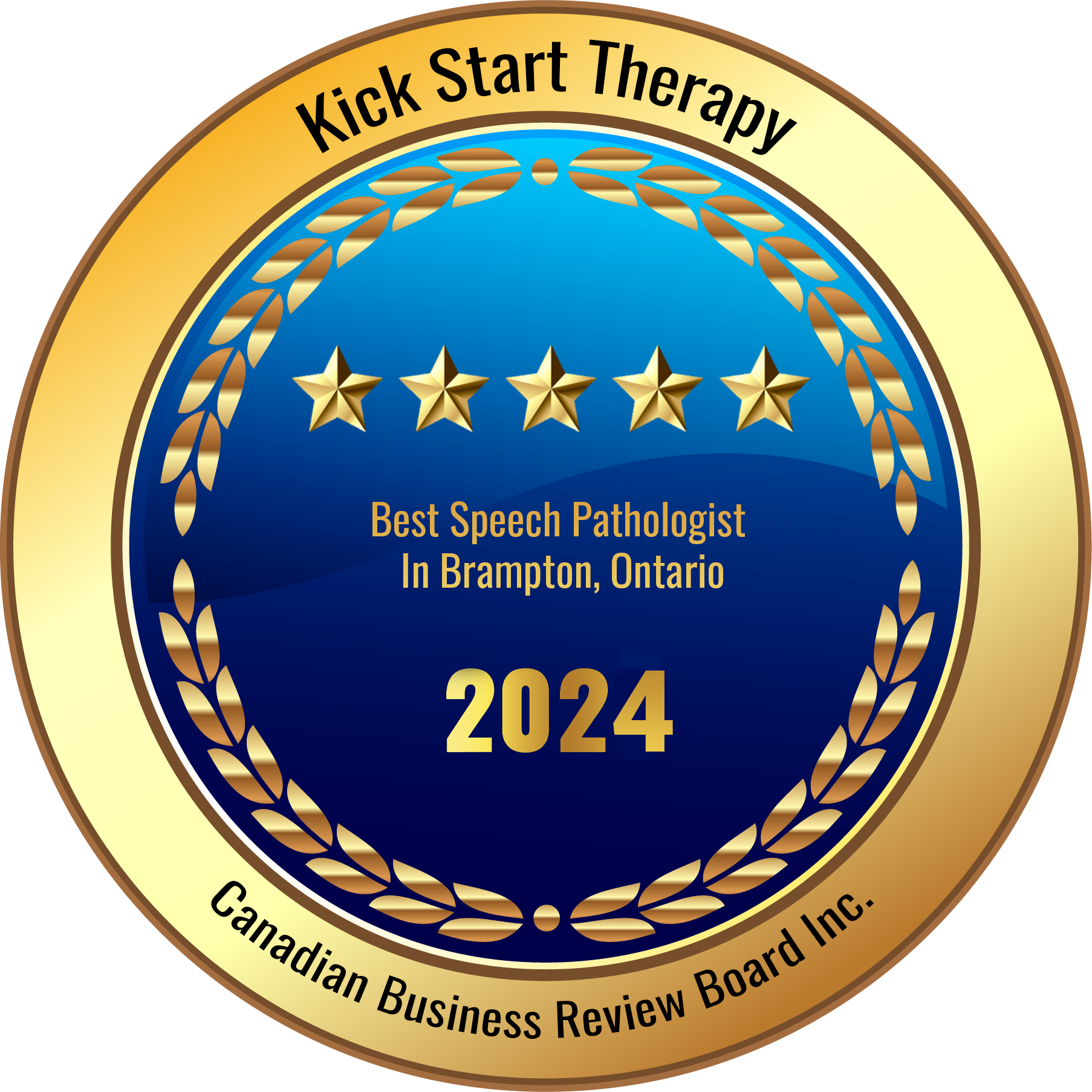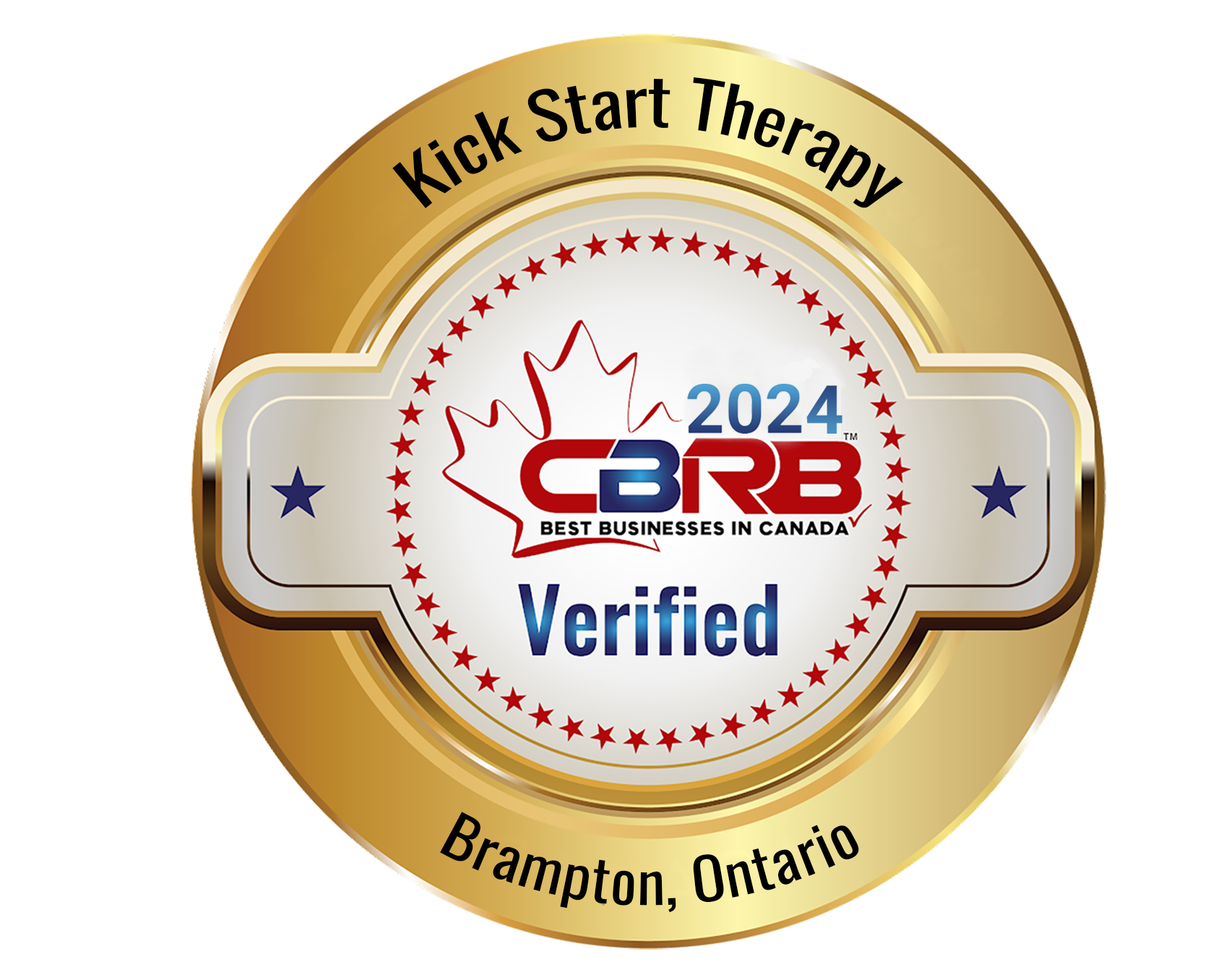
Pediatric occupational therapy (OT) is a vital service for children with developmental delays, offering tailored support to help them achieve their fullest potential. As children grow, they encounter various developmental milestones. For some, these milestones can be challenging to reach due to physical, cognitive, or sensory difficulties. Pediatric Occupational Therapysteps in to bridge these gaps, fostering a child’s growth and independence.
Pediatric occupational therapy is one of the specialized branch of therapy focused on helping children develop the skills they require to perform everyday activities. This includes all the tasks such as dressing, eating, playing, and learning. Pediatric Occupational therapists (OTs) work with children who have various developmental delays or disabilities, including autism spectrum disorder, even cerebral palsy, Down syndrome, sensory processing disorders, and more.
One of the primary goals of Pediatric Occupational Therapy OT is to improve fine motor skills. These are the small movements that involve the coordination of the hands and fingers with the eyes, such as picking up small objects, writing, or buttoning a shirt. Children with developmental delays often struggle with these tasks, which can affect their ability to perform daily activities and participate in school. Occupational therapists use a lot variety of exercises and activities to strengthen these skills, making tasks easier and more manageable for the child.
Sensory processing is how your nervous system receives and interprets information from the senses. Children facing sensory processing disorders sometimes may be overly sensitive to stimuli such as light, sound, or touch. They may seek out intense sensory experiences. This can lead to difficulties in everyday environments, such as school or social settings. Pediatric OTs work with these children to develop strategies to manage sensory input effectively, helping them feel more comfortable and less overwhelmed.
Play is a crucial aspect of childhood development, offering opportunities for learning and social interaction. For children with developmental delays, engaging in play can be challenging. Pediatric occupational therapy focuses on improving social skills through play-based activities. Therapists help children learn to take turns, share, communicate with peers, and understand social cues, which are essential for building relationships and integrating into social settings.
Daily self-care activities, such as dressing, grooming, and eating, can be difficult for children with developmental delays. These tasks require motor skills, coordination, and cognitive abilities. Occupational therapists provide step-by-step guidance and practice to help children become more independent in their self-care routines. It not only boosts their confidence at the same times reduces the burden on caregivers.
Cognitive development involves thinking, learning, problem-solving, and memory. Children with developmental delays may struggle in these areas, affecting their academic performance and daily functioning. Pediatric OTs incorporate activities that stimulate cognitive skills, such as puzzles, memory games, and problem-solving tasks. By strengthening these skills, children can better navigate their educational environment and daily life challenges.
Children with developmental delays often experience difficulties with emotional regulation, leading to frequent meltdowns or behavioral issues. Occupational therapist work on emotional regulation techniques, helping children recognize and manage their emotions effectively. This can include strategies like deep breathing exercises, creating a calming sensory environment, or using visual supports to understand feelings. Improved emotional regulation helps children participate more fully in school and social activities.
Parents and even caregivers play a vital role in the success of pediatric occupational therapy. Therapists often work closely with families to provide guidance and support, ensuring that therapeutic strategies are reinforced at home. This collaboration enhances the effectiveness of therapy, as consistent practice and reinforcement are key to achieving developmental goals.
Occupational therapists often provide parents with activities and exercises to do at home. These activities are designed to complement the work done in therapy sessions and help maintain progress. For example, a therapist might suggest games that improve Fine Motor Skills or sensory activities that help with regulation. Engaging in these activities at home can make therapy more effective and integrate therapeutic practices into the child’s daily routine.
Pediatric occupational therapy offers numerous benefits for children with developmental delays, supporting their growth and independence across various domains. By enhancing fine motor skills, improving sensory processing, developing social skills, fostering self-care abilities, supporting cognitive development, and encouraging emotional regulation, occupational therapy helps children overcome every challenges and reach their full potential. For parents and caregivers, partnering with occupational therapists and incorporating therapeutic activities at home can significantly contribute to their child’s progress. In this way, pediatric occupational therapy not only transforms the lives of children but also strengthens the support system around them, fostering a brighter future for all.






